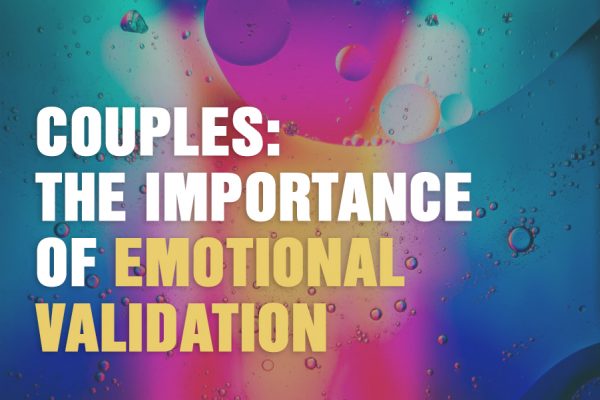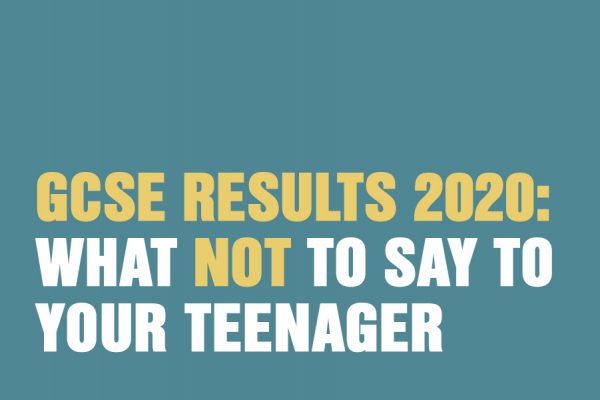A victim is defined as someone who is harmed, injured, or killed as a result of a crime, accident, or other event or action, a person who is tricked or duped, or a person who has come to feel helpless and passive in the face of misfortune or ill-treatment. But some people remain in the victim mindset for extensive periods of time, drawing people into their games and dramas.
Many people don’t realise they are even playing the victim role, it is just an automatic reaction to their surroundings, but when someone assumes the role of the victim, they automatically put others into particular roles, namely persecutors or rescuers.
Someone who is in the victim mentality often believes that others are “out to get them” or are purposefully doing things that harm them. They are additionally sensitive to the anger in other people, often believing that others are angry when they are not.
Victim mentality – key beliefs
The victim mentality rests on three key tenets:
- That bad things happen to me, and they will keep happening.
- The other people or circumstances are to blame for these bad things.
- That any effort to create change will fail, and so there is no point.
Someone who is in the victim mentality will choose to complain about their misfortune than to do anything to try to change their fortune. They will likely blame external sources such as another person, the weather, the time of year, and will draw people into either complaining with them and sympathizing or rescuing them from their misfortune.
Signs that you might be in victim mode
Being in a victim mentality can come in many shapes and sizes, but some of the common signs are:
1. Complaining a lot
Someone who is in the victim mentality will complain a lot but will not take action to change the thing that they are complaining about.
2. Thinking that everything is happening to you
Someone who believes that life happens to them and that they have no control over it, will feel disempowered and helpless. This links to the third tenet of the victim mentality, the idea that nothing you do will make any difference.
3. Passive Aggression
Often people who fall into the victim role are afraid of their own anger or deny that they are angry at all. Instead they project their anger onto others, making them the persecutors. Passive aggressive behaviour is characterized by indirect resistance to the demands of others and an avoidance of direct confrontation. For example, if your friend cancels plans you might say to them that it is fine, that you understand, but then complain about them behind their back.
4. Using obligation words, a lot
If you find that you use words such as “should”, “have to”, “supposed to” quite often, it could be a sign that you are in victim mode. Heavy use of obligation words can justify feelings of anger as you feel obligated to someone or something else.
5. Self-pity
Someone who is in the victim mentality will often move through life with a figurative “poor me” sign around their neck, pulling people into their world of self-pity, woe, and drama.
Where does it stem from?
Most people don’t fall into the victim mentality without something pushing them.
This push might come in the form of past traumas where true victimization morphs into the victim mentality becoming the norm. Someone who has experienced abuse or assault, especially over a continuous period can make this outcome more likely.
Alternatively, victim mode can be caused by betrayals of trust, especially repeated betrayals of trust, leading to a difficulty in trusting others. This may have occurred in childhood with a primary caregiver failing to follow-through on promises, or relationships that involve infidelity or lying, among other things.
Co-dependency can also lead to someone falling into victim mode. When someone is in a highly co-dependent relationship, they may sacrifice their own goals and dreams in order to help the other achieve theirs. This can lead to feelings of resentment and frustrations that plays out in passive aggressive behaviour and self-pity, without the individual acknowledging their own part in the relationship.
Finally, manipulation can be a cause of victimhood. Someone who takes the victim role might simply enjoy being able to blame others for their own misfortune, making others feel guilty, or manipulating others for sympathy or attention. While this is a possibility, it is likely that these sorts of motivations stem more from narcissistic behaviour than pure victim mentality.
How to pull yourself out of the role?
So, if you have recognised some of these traits in yourself, don’t fret. There are steps you can take to pull yourself out of this way of perceiving yourself and the world.
- Take stock of what you can and can’t control. And be sure to question yourself fully. Question your own beliefs about what is out of your control. Do you wait for things to happen or can you make time to make things happen? Often, we can plan to get things done “when we have time”, not realising that we need to actively carve out the time.
- Take responsibility for yourself, your actions, and your reactions. When you have some part to play in your own misfortune, own it, and discover what you can do differently next time. Furthermore, stop taking responsibility for other people and concentrate on taking responsibility for yourself. This will help with reducing feelings of resentment towards other people in your life.
- Learn to say ‘no’ when you want to say no. Again, we often feel resentful when we end up doing things that we don’t want to do, even when we are sometimes quite free to refuse to do them. This can lead to passive-aggression and self-pity. If we learn to say ‘no’ when we can, we are taking more control over our actions, and taking responsibility for ourselves.
- Uncover the root of your victim mentality. This might involve some self-reflection, talking to trusted loved ones, or talking to a counsellor. A counsellor can help you explore the underlying causes of victim mentality, work on self-compassion, identify your own needs and goals, manage your anger and explore the reasons behind the feelings of powerlessness.
If you would like some professional support to understand the role of the victim or to increase your self-awareness, call our Front of House team on 020 8673 4545 or email [email protected]. We have sessions available seven days a week, by phone and online – and some of our therapists are also returning to offer face-to-face sessions at our centres in Clapham and Tooting.









2 Comments. Leave new
This is a really good article. And it resonates with my story. I lived with quiet borderline for 31-years. And I was the passive-aggressive person. I think it saved me that I could see myself from the outside sometimes. Not always. But when I was safe and not triggered. And I didn’t understand why I did all those things. All the anger. And all the negative and sad pages in my diary. So it was such a relief to finaly go to therapy and get to the bottom of my reactions.
Also learning to take responsibility. I am still more vulnerable than my husband. And I need to ballance my energy so I can take care of my kids and my marriage. If I am overwhelmed, I am not able to think clearly. And I dont want to go back to all the anger and confusion.
I went through shame and not able to talk about my life, to feeling guilty about hurting my loved ones and last to take responsibility. Though guilt isnt a nice feeling, I needed to feel it in a safe place with my therapist who didn’t shame me. So I could be able to be with all the mess inside me. And learn how to deal with it maturely.
I wish all people with cluster b personality disorders could go through this. It is hard work. And still is. But hopefully, I dont pass it on to my kids. This was my reason for dedicating myself to therapy. Keeping my kids safe.
Hello, thank you so much for taking the time to leave this comment. It is great to see that you are working on yourself for your kids and for yourself as well. Increasing self-awareness is the greatest way to encourage positive change and more authentic living.